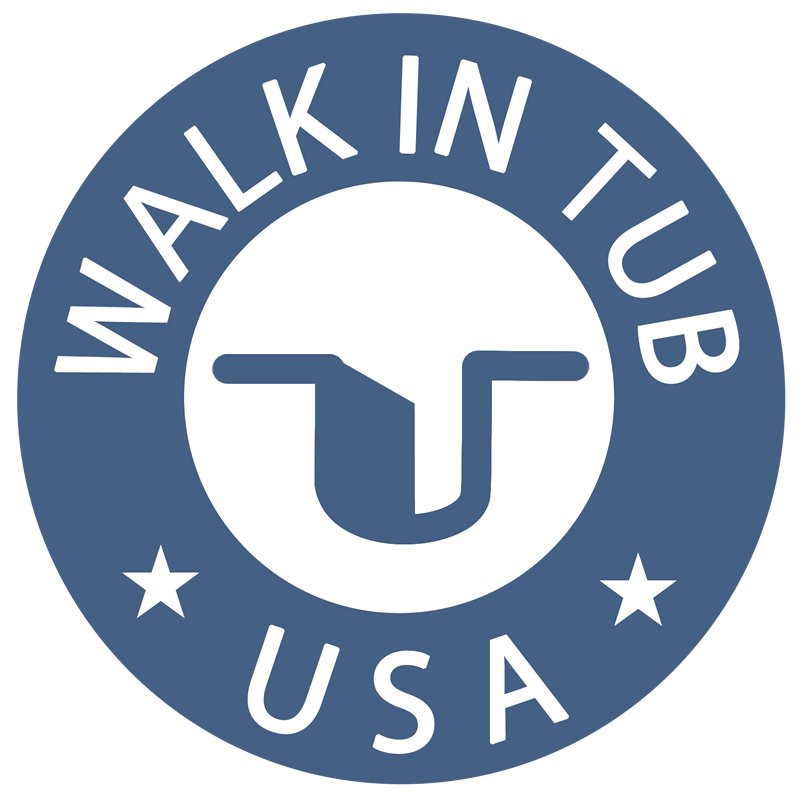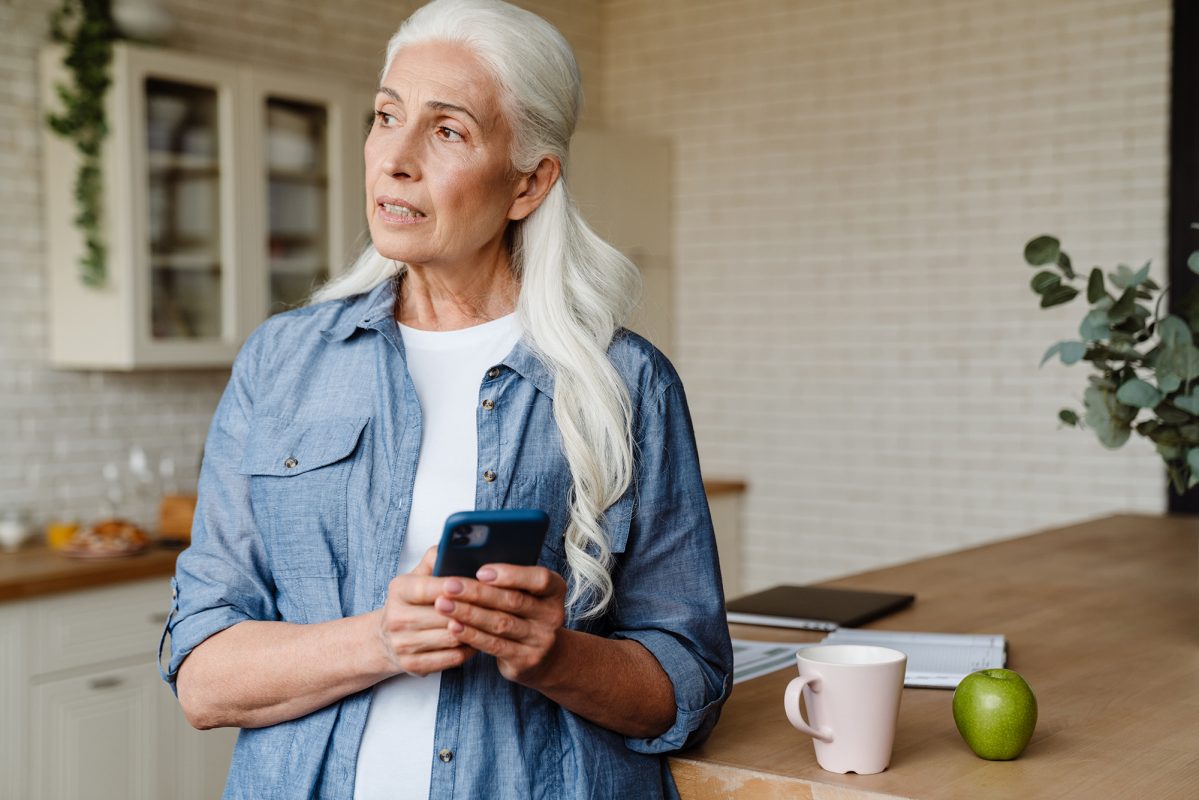Walk-in Tub USA
3 Ways to Remain Independent as You Age
How much time and effort have we put into thinking about planning that part of our lives? Probably not much. But it’s important.
Imagine your future living independently in your 70s, 80s and 90s and asking yourself these questions: “What is it going to take? Will I be able to do it? And how do I prepare for that?”
1. Ensure Your Home Will Let You Live There
The first way to prepare, which can be expensive, is ensuring your home will be equipped to let you live there independently.
“I have a family member who right now is in the middle of completely renovating his bathroom to remove the tub, replace it with a walk-in shower, equip it with a bench to sit and with safety bars,” said Krueger.
Walk-in tub or shower: $5,000
Widen an entry door: $800
Entire bathroom remodel: $14,000
It’s become easier to get such renovations done these days.
When you talk about fixing your home, there weren’t walk-in bathtubs forty or fifty years ago. To find a contractor for an aging-in-place renovation, look for an Aging in Place Specialist.
2. Make Tech Your Friend
The second way to prepare to age independently: keep up with technology that can serve as a lifeline.
This could mean wearing a smartwatch that detects if you’ve fallen and contacts an ambulance, for example—or setting up a camera system in your home letting loved ones see you if you’ll need their assistance.
3. Build and Nurture Relationships
The third way, which might surprise you, is about fostering relationships that fill the gap for those things you need to do to remain independent.
When you think about building circles of support, the question is: Where do you get it? And where do you give it? It’s important to recognize and appreciate the roles of people in “supportive rings” around you.
Being independent does not equal being alone. That’s especially true for solo agers who don’t have children or grandchildren.
Curtis said those in your closest ring are your intimacy circle. “The biggest key [to them] is if they were not in your life, you would miss their absence greatly,” said Curtis.
Other rings include your friendship circle and your “participation” circle. The latter consists of people like your neighbors, gym buddies, fellow members of a religious congregation, or a support group (such as described in the Next Avenue articles “Chapter X: The Men’s Group for Transitioning to Retirement” and “My Women-Only Retirement Support Group”).
Some members of your participation circle may have dropped off during the pandemic for apparent reasons. Finding and nurturing relationships with younger people as you age is beneficial to living independently.
It helps to be intentional about building intergenerational friendships. Ask yourself: Where are the gaps in that support that you need in your life?
Maybe you’ll find them on the pickleball court. Or outside at a coffee shop. Or through friends of your adult children. It’s never too late to build friendships.
You may wind up relying on some of these relationships to make medical or financial decisions for you if you can’t, Savage added, by appointing these people as power of attorney in advance directives. (Next Avenue has a free online course to help with this.)
When it comes to friendships and relationships, it’s all about your attitude and belief it isn’t game over for you because you’ve reached a certain age.”[/vc_column_text][/vc_column][/vc_row]

